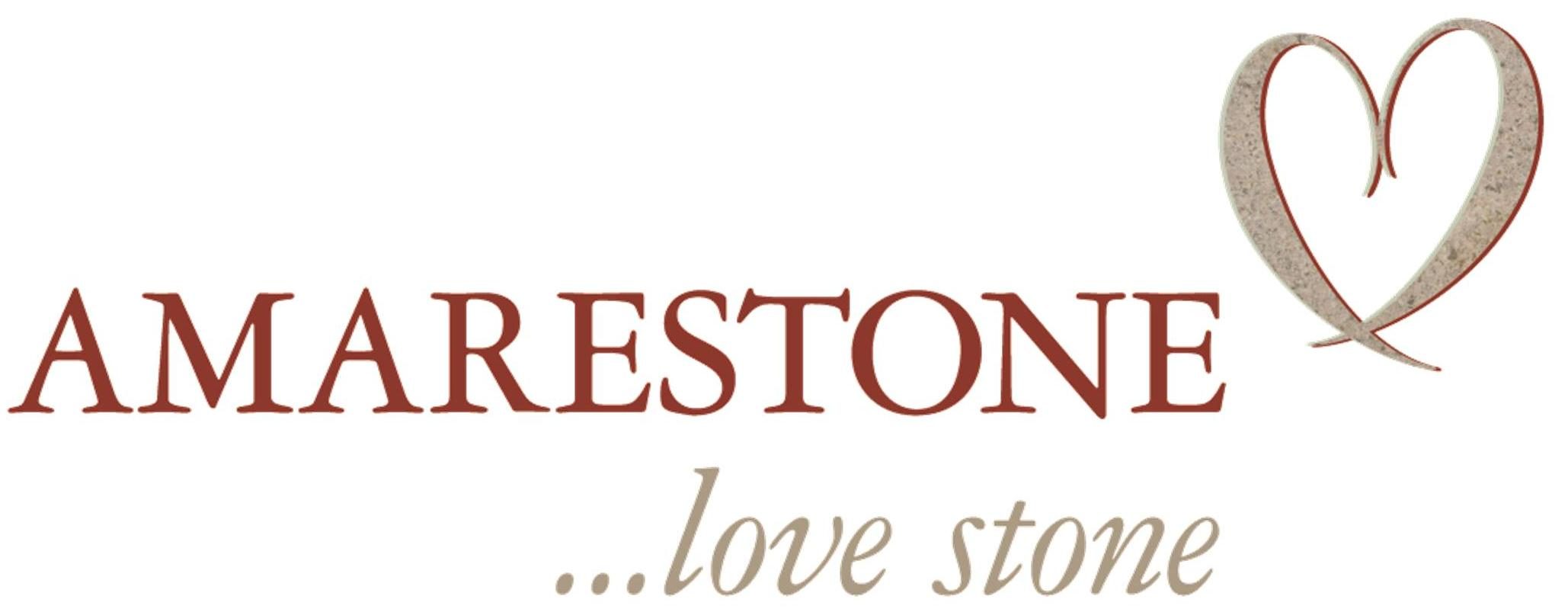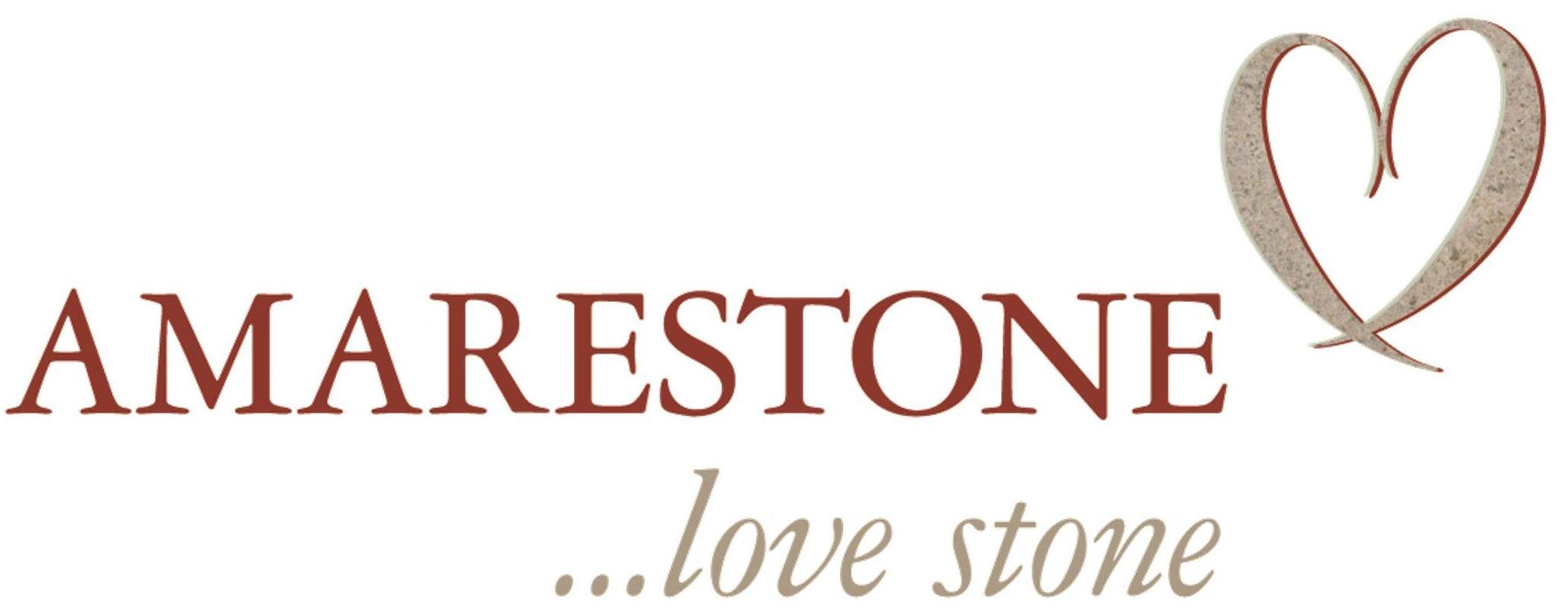How to Choose Limestone
Limestone Flooring. What to look for.
For most people, a beautiful limestone floor represents an investment in their property. With the right care, it will last for more than a lifetime and enhance the living space. So, what should you be looking for?
When choosing natural stone tiles for internal flooring or external paving, there are several factors to consider that will affect the life of the floor. Getting the answers to just a few questions will help to ensure that you get the result that you are hoping for.
In this article, I will focus on the technical aspect of choosing stone rather than the aesthetic values. The colour, veining or fossil content of different stone is usually the first thing that people look for but it has little real impact on the functionality or longevity of the flooring.
There are many different types of stone offered for sale as flooring and paving. Some are better suited than others to certain situations.
Here are my thoughts on getting the best limestone flooring for your project.
Internal or External Floor tiles:
The first question I would ask a potential buyer is whether the stone is to be used inside or outside or both? The main reason for asking is to determine if the stone has to be resilient to frost damage. One of the tests that natural stone is subjected to is a cycle of freeze/thaw tests to see if it deteriorates in any way. Our blog on “frost-resistant-limestone-testing-is-key” goes into more detail about why this is so important.
For internal stone, the degree of frost hardiness is usually irrelevant but should not be ignored if the customer might want to use the same stone outside at a later date. The “inside/outside” seamless look is in vogue at the moment and should be considered.
Type of traffic across the stone floor:
How hard wearing does the stone have to be?
Limestone flooring or paving can work really well in both commercial and residential situations if the technical aspects are considered and the stone is chosen accordingly. Is it just foot traffic or could there be bicycles, trolleys or even vehicles running over it? If it is mainly foot traffic, is it likely to be light, as in a residential situation or could it be heavy, as in a commercial premises? The heavier the traffic, the harder the stone needs to be. The technical data tells us how dense the stone is and can often tell us about the scratch resistance as well.
Slip resistance of the tiles:
Slip resistance is particularly important where the stone is to be used in public areas or in wet areas.
The surface texture of the stone affects the slip resistance and there are many different options for creating textures. Bush-hammering, brushing, sand-blasting or acid etching are common techniques but not all quarries have the machinery for every option.
It is also worth noting that textured surfaces can be reduced by heavy wear. On very old stone staircases, for example, we can see how the stone treads can wear and become very smooth. In a domestic situation, this could take hundreds of years and isn’t really a problem but in public and commercial areas, a “mechanically or chemically applied” texture can wear away over time. In these circumstances, it is sensible to look for a stone that has a an “open” or large grain so that the stone is naturally less slippery than a fine grained stone.
Artificially applied slip resistance (such as chemical anti-slip treatments) can be effective in the short term and will need to be re-applied at regular intervals.
As ever, it is important to choose the correct stone for the purpose it is to be used for.
Ease of Maintenance of the floor:
Following on from the consideration of slip resistance, we must consider the ease of maintenance. Generally, the greater the texture on the stone surface, the more dirt can sit in the pits or depressions in the stone. A textured stone is going to trap the dirt and require more maintenance and cleaning than a smooth surface finish. There are ways of making the maintenance easier so that even a heavily antiqued floor can be simple to keep clean. Several of our other blogs go into more detail about cleaning.
CE Certificate for the stone tiles:
By law, since 2013, suppliers of natural stone flooring have to be able to provide you with a “CE Certificate” and a “Declaration of Performance” that demonstrates that the stone has been tested and is fit for the purpose that you will be using it for. Included in the test results will be the results of the density and porosity tests as well as the frost resistance. Your supplier should be able to explain the results and how it might affect the life of the floor.
UPDATE: Now that the UK has left the EU, the CE Certificate was to be replaced by a “UKCA” Certificate. In the meantime, CE Certificates will remain valid and are still a legal requirement. Essentially, the UKCA Certificate is the same as the CE Certificate – it is a summary of the test results that shows the technical characteristics of the stone. For the moment, the introduction of the UKCA certificate has been dropped and CE Certificates remain in place.
Environmental Credentials:
From an environmental point of view, natural stone is the best choice you can make for flooring tiles. Many studies have now concluded that stone is the most sustainable of all types of flooring materials.
A few years ago, the UK media highlighted the ethical issues of child labour in some quarries and modern day slavery involved in the production of stone products.
In response, the Stone Federation GB launched the Ethical Stone Register where natural stone companies could demonstrate that they are taking all possible measures to ensure that these unsavoury practices are kept out of their supply chain. They also show that they are minimising their impact on the environment. The scheme fitted well with our ethos and Amarestone joined as one of the original 3 members of the Ethical Stone Register.
Many other natural stone companies have followed us onto the Register and it is quickly becoming one of the “go to” reference points for architects and stone specifiers.
If you have a specific question that is not answered on our blog, you might like to get in touch via the new chat system. Look out for the chat box when this page scrolls. If I can’t reply straight away, please leave a message and an email address and I will get back to you as soon as I can.
You can still use the old-fashioned ways of contacting us to get expert help with your natural stone project.
Call us on the office number 0118 391 4804 or email steve@amarestone.com


Comments are closed